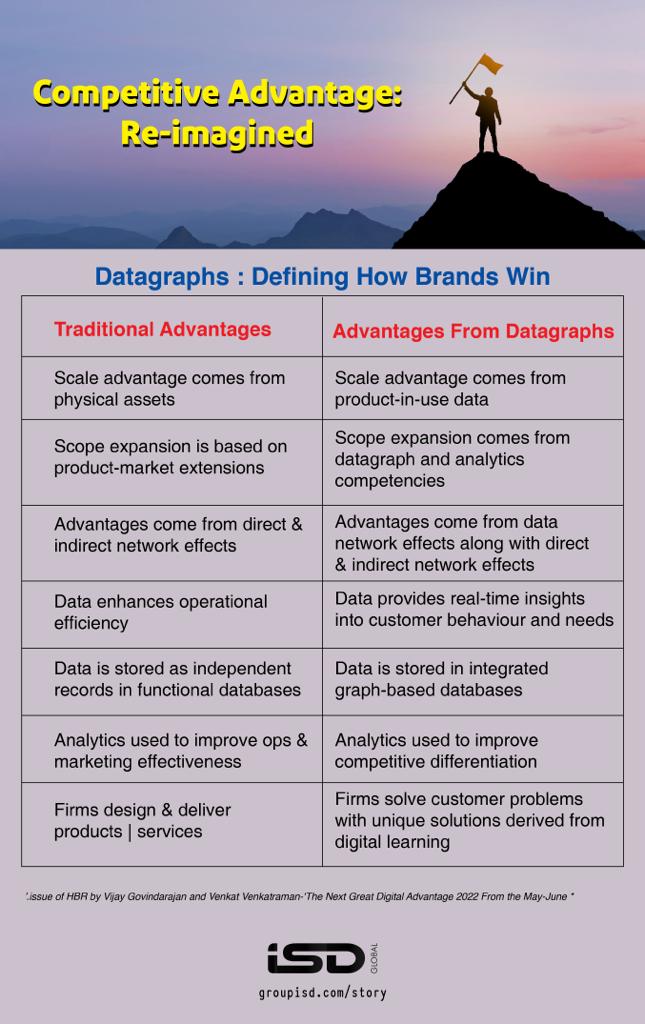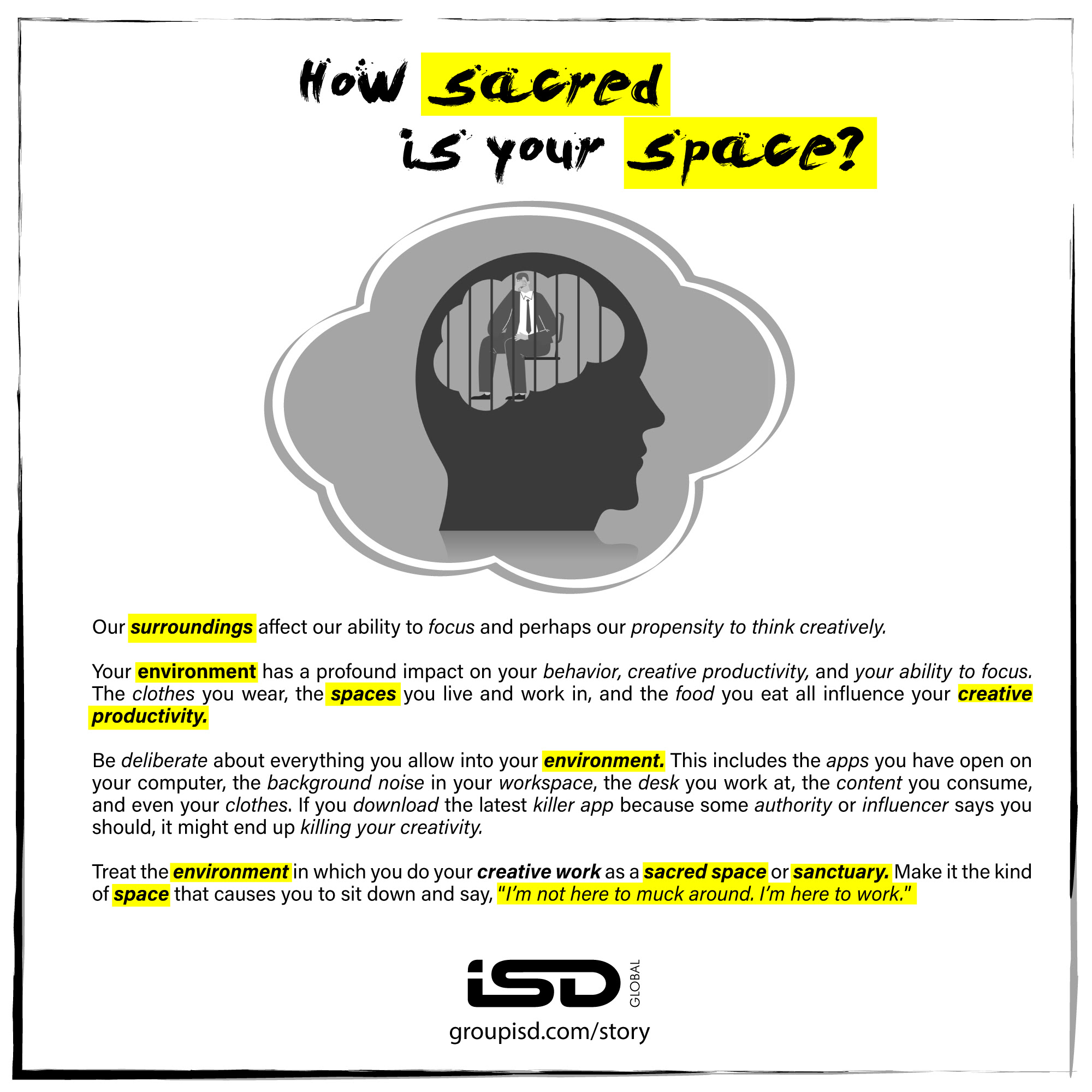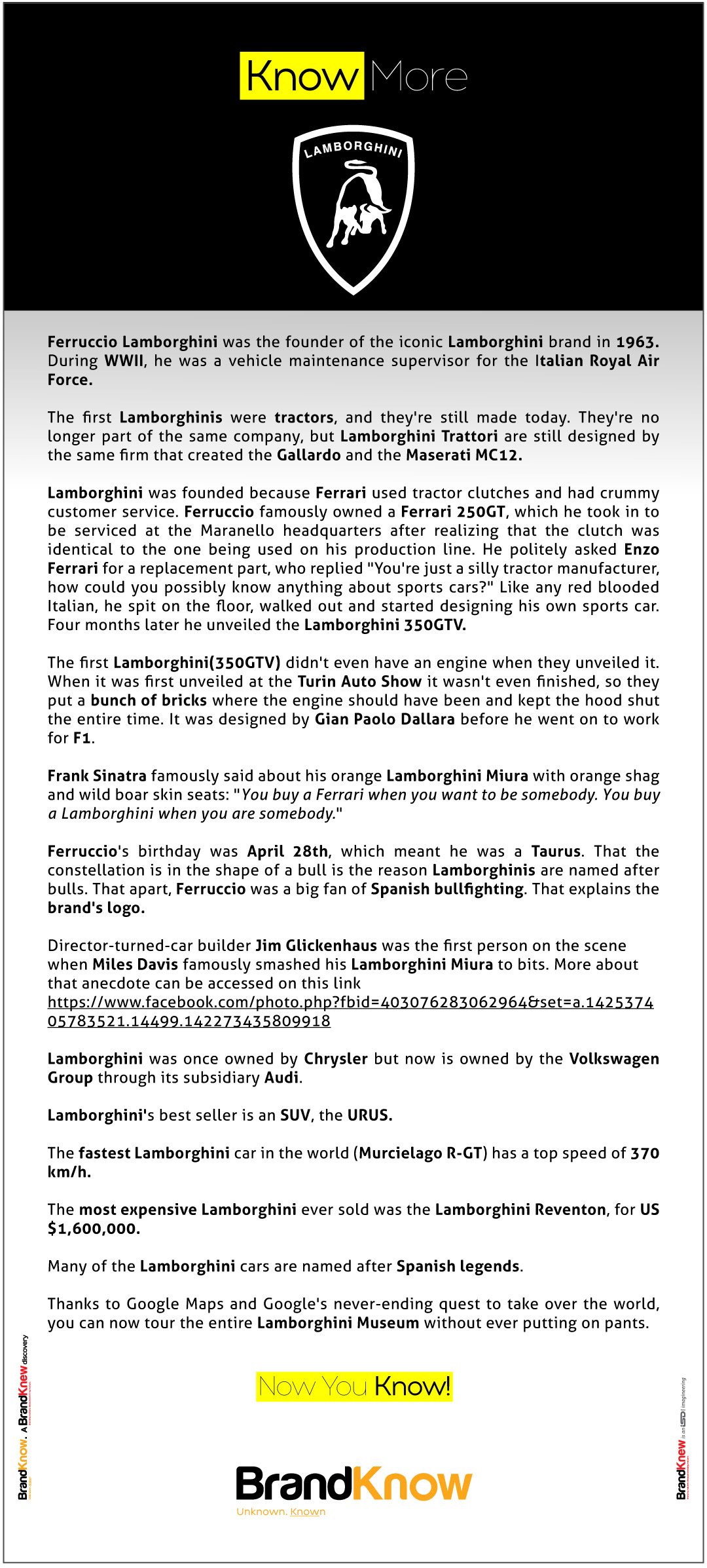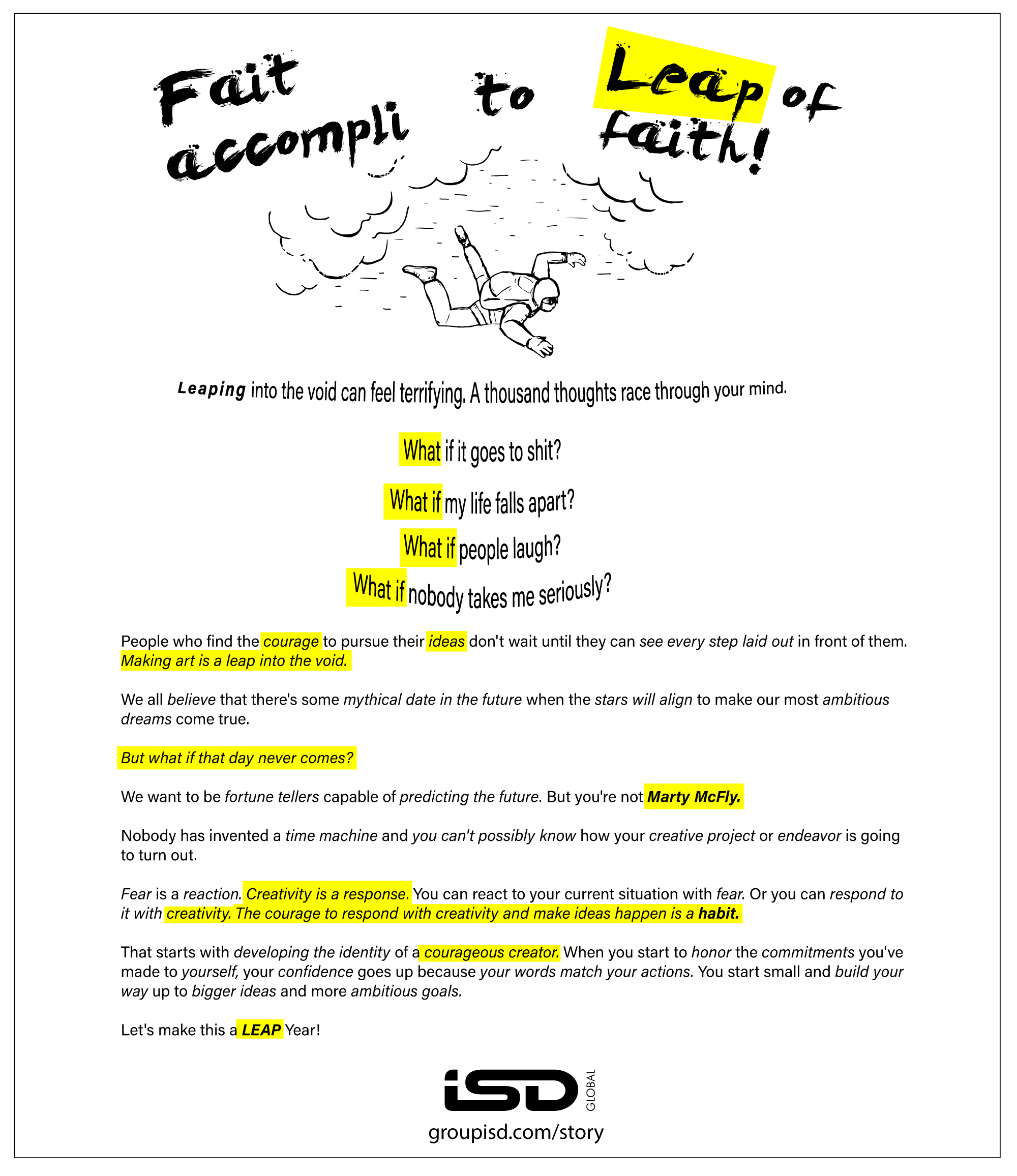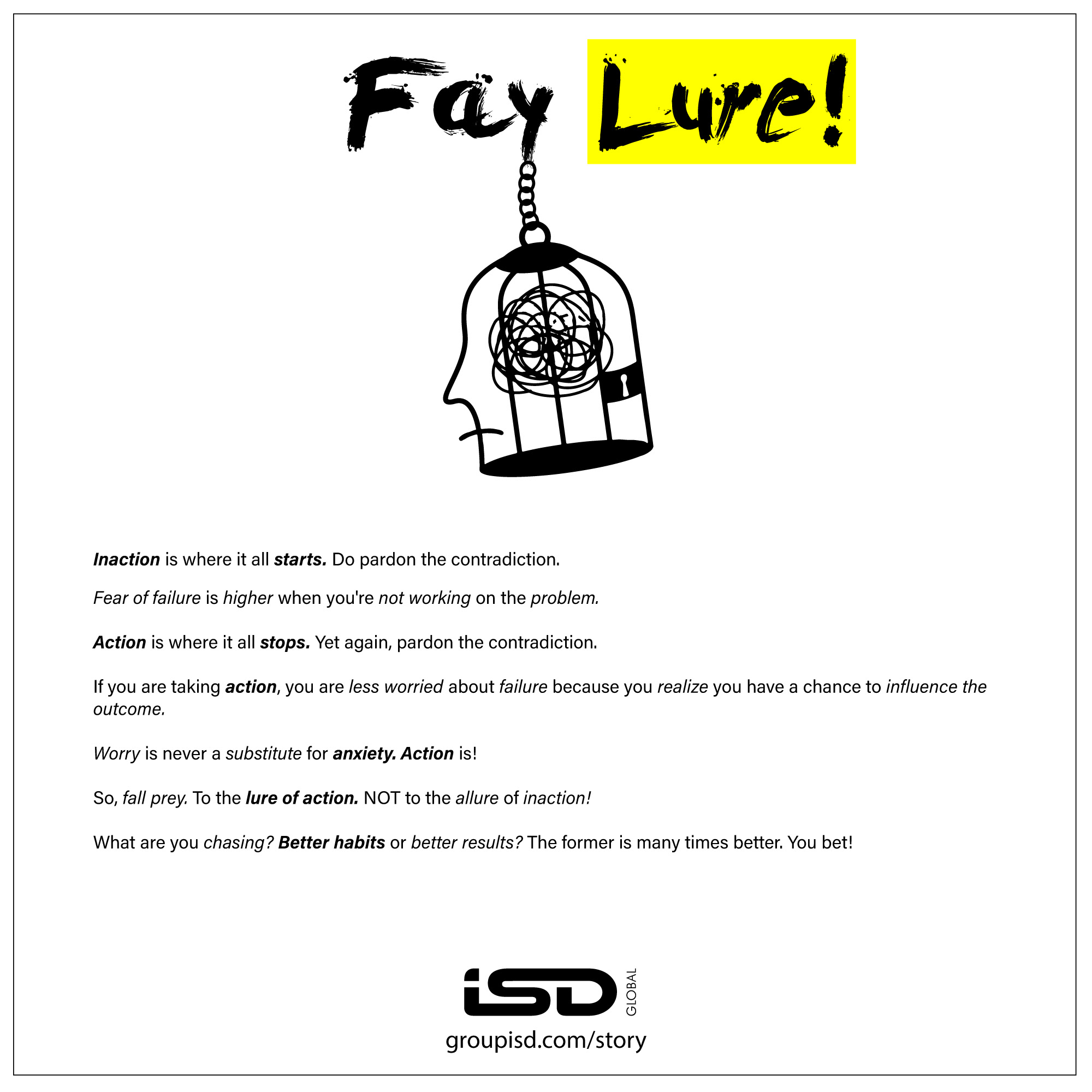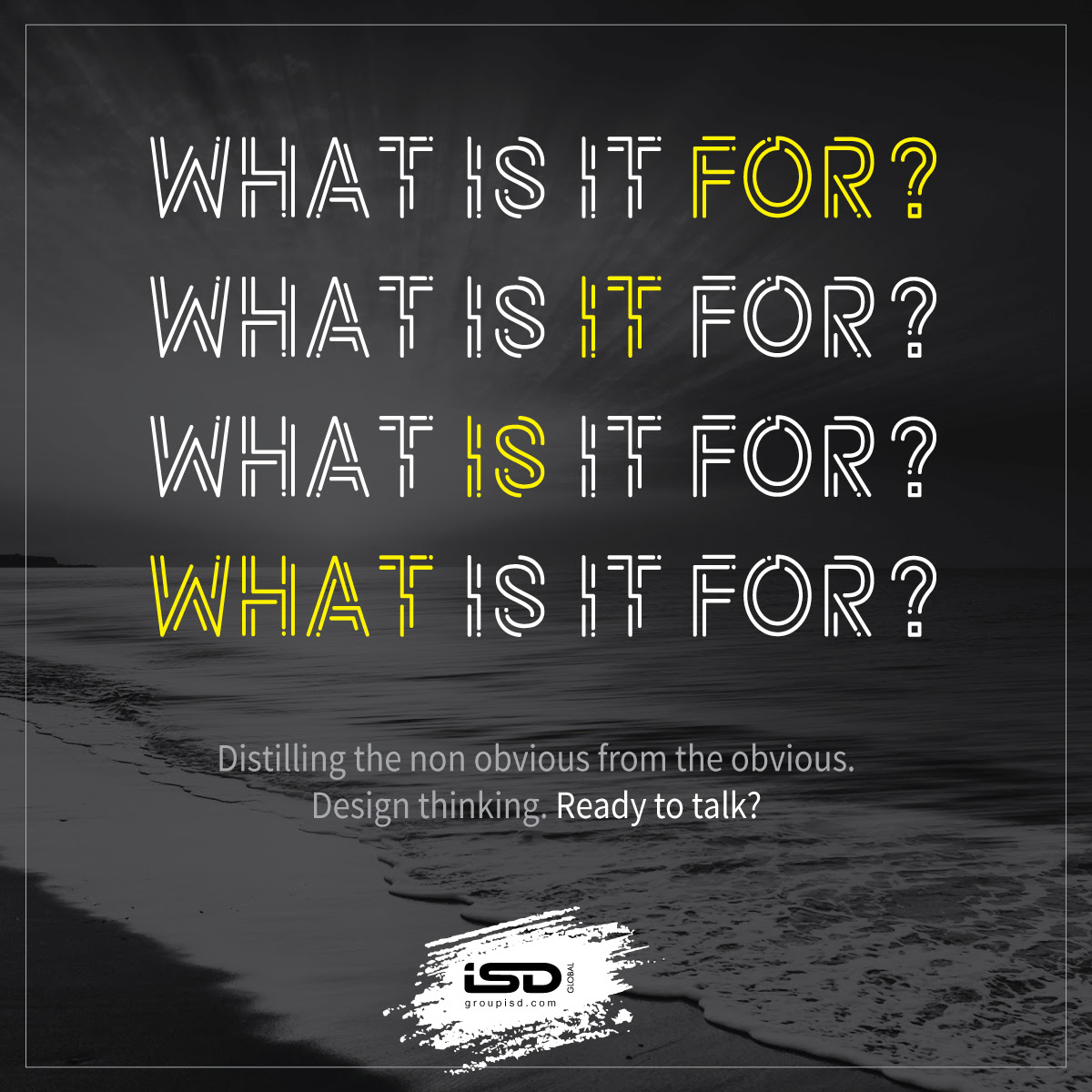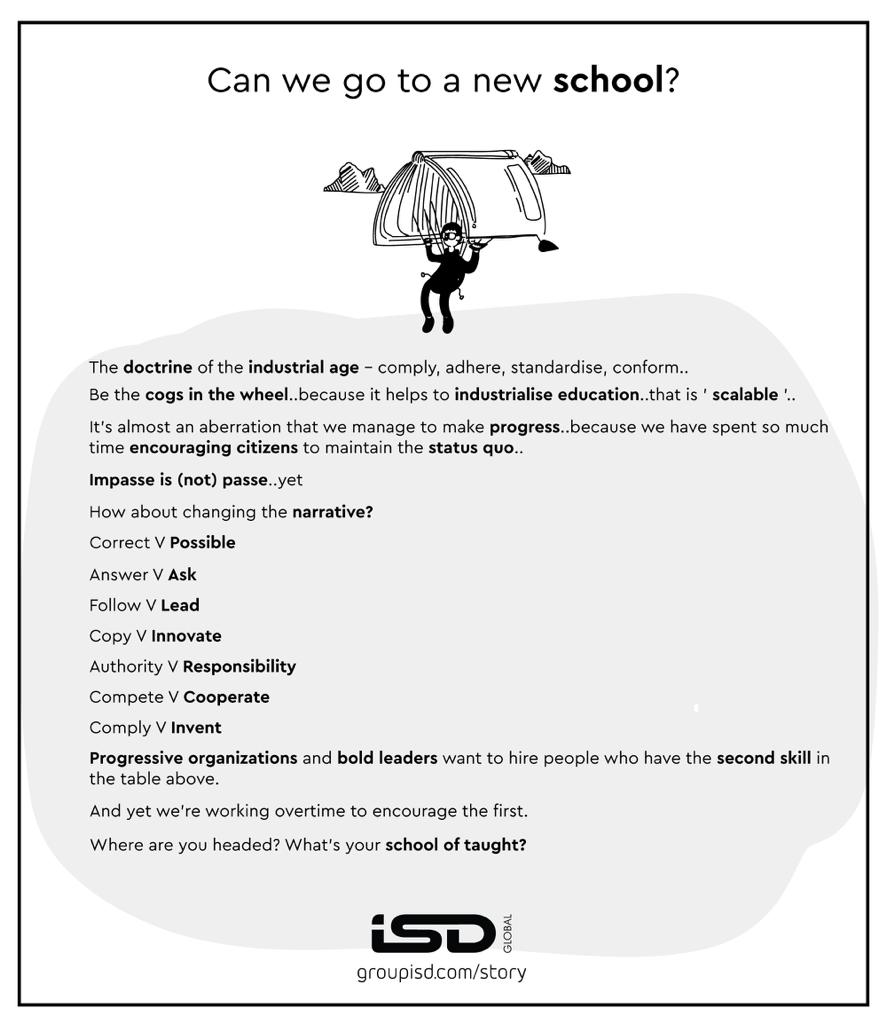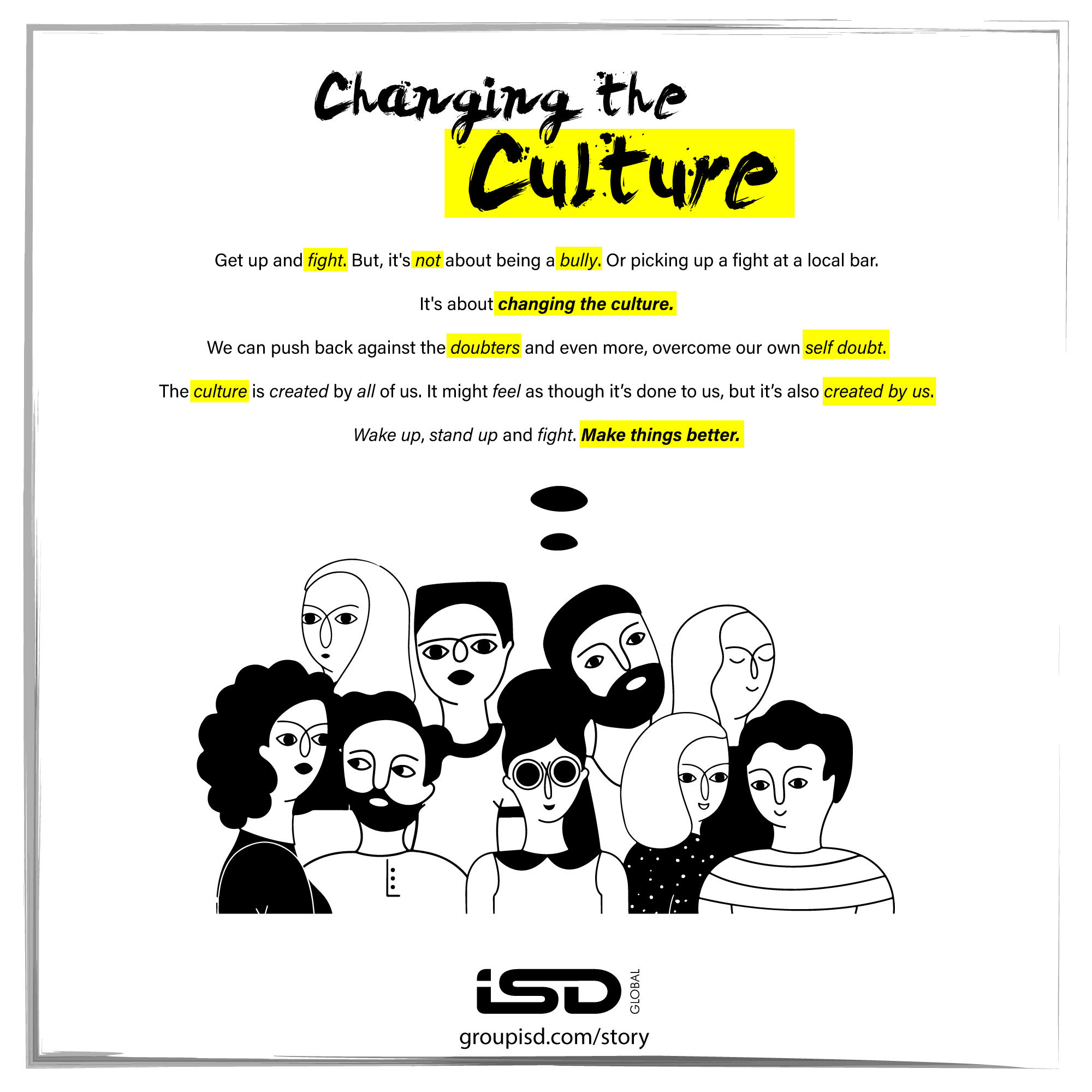Life is a gamble at terrible odds—if it was a bet, you wouldn’t take it.
We have all seen it- the ubiquitous post on LinkedIn wherein an executive from a blue chip company posts some mundane random stuff that begins with the customary ” stoked to be…” that attracts scores of likes, shares and comments as if it were to be a Nobel Laureate deserving accomplishment. The same kind of post by an individual with a non blue chip organisation gets the cold shoulder. As luck would have it…
Luck is never a strategy. At best it can be a tactic, provided its allies are you showing up consistently with tenacity and resilience and doing the work that matters and shipping it out to a minimum viable audience. Over time, the dice will roll favorably for you and you might want to attribute that (tongue firmly in cheek of course) to luck.
It’s dangerous to be presumptuous about someone’s success and offer luck the benefit of the doubt. A game of cards will be largely decided by luck. Get some good cards and you are well and truly in the game. Early luck has a massive impact. In the Canadian NHL(National Hockey League), which month of the year you were born determines your chances of playing in the League because as a kid where you play hockey when at age six adds up over the decades. Malcom Gladwell’s book Outliers articulated this example beautifully.
As a society and culture we are guilty of under delivering or being sub optimal because we are not creating the conditions for consistent resilience till such time the luck comes along.
VCs build portfolios capitalising on early luck in some investments knowing fully well that a lot of the others will take time to realise the upsides from. A portfolio is a simple way to reduce the impact of luck (good or bad) over time.
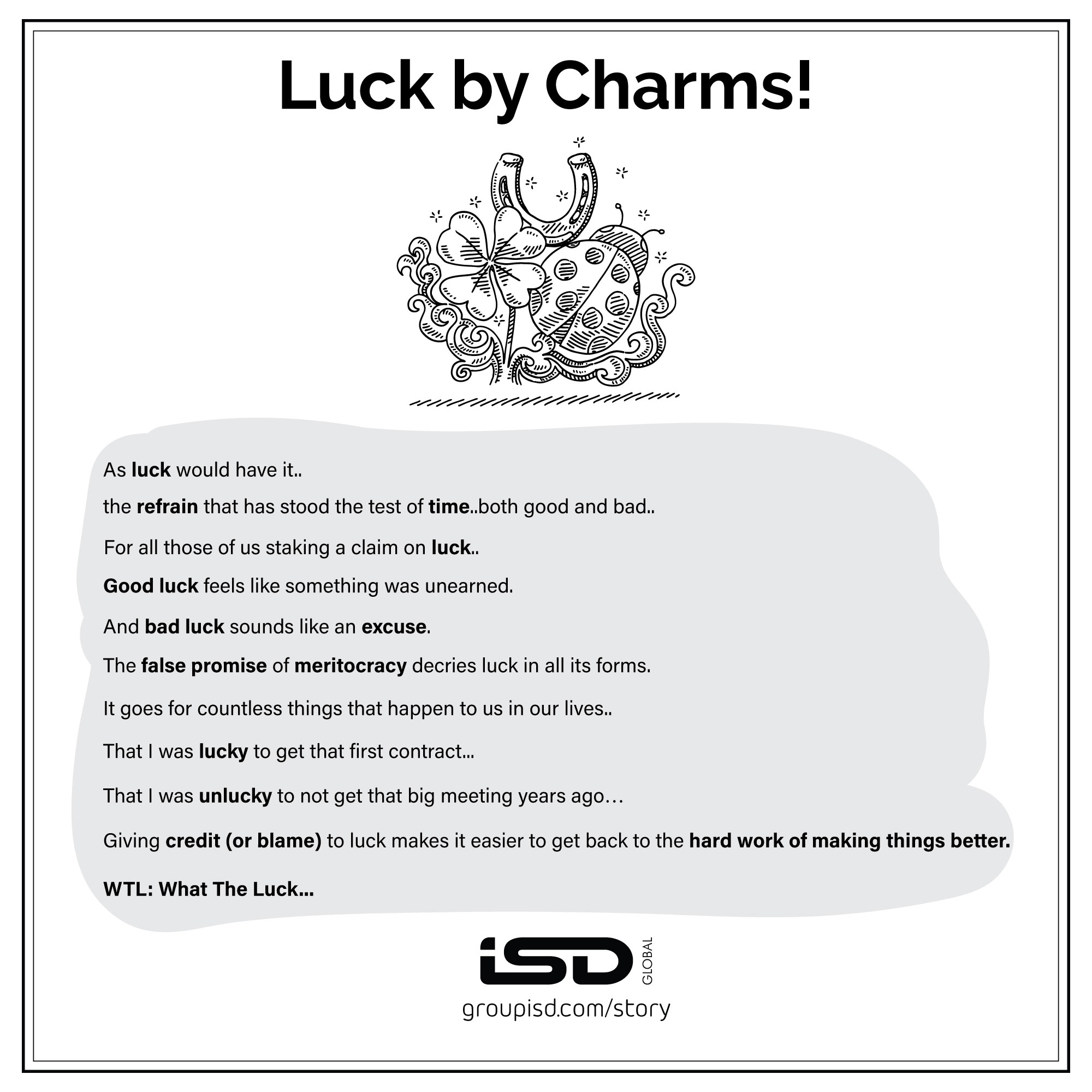
Rather than punt on luck, it’s better to steel ourselves in building the resilience and the consistency that will help us meet it as and when it comes along the way. A flip of the coin does not lead to an inevitable outcome. It can go either way. Your being a victim or a victor- it could have easily gone the other way- was it your fault? Was it luck( good or bad)?
Sometimes we over index on our talent, skill, competence as against acknowledging that we were there at the right time in the right place.

